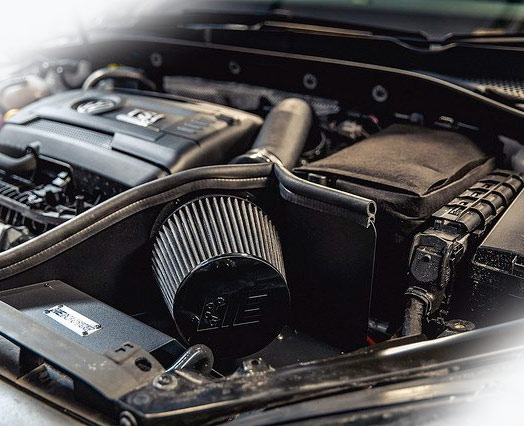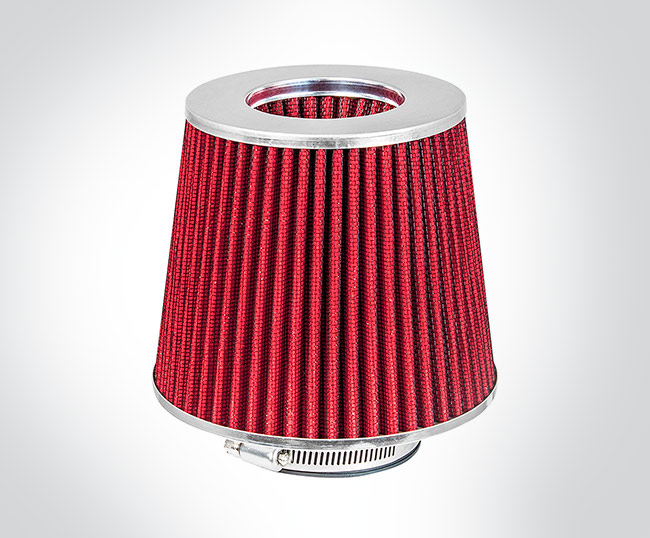Today the article tells what the air intake is for, why to put additional air intakes, about their aesthetic role. Even people unfamiliar with automotive subjects often wonder why there are such strange notches, holes, or raised-up “buckets” on the hoods of sports cars. These are nothing but additional air intakes. Various types of air intakes are common on cars positioned as sports cars. Often air intakes are purely cosmetic, but these are the ones that usually don’t perform one or more of the following functions.
For the enthusiast looking to push beyond the aesthetics and get a more aggressive sound from their vehicle, figuring out how to make intake sound louder becomes a point of interest. Enhancing the intake sound not only gives the car a sportier feel when driving but can also provide feedback regarding the car’s performance. There are methods, like using aftermarket intake systems or removing certain baffles, that can help in amplifying this desired sound. Still, it’s essential to ensure any modifications maintain the car’s optimal performance and safety.
Air Intake for Supercharged Engines or How Does Cold Air Intake Work
There are several ways to achieve supercharging, including using a mechanical compressor (supercharger or turbocharger). Another approach is to use vehicle motion to pressurize air into the engine through a piston bucket.

In anybody of moving air (or other compressible fluid), the static pressure of the air is inversely proportional to its velocity. To take advantage of this principle, the cross-sectional area of the intake chamber of a piston bucket usually starts small and gradually increases. As a result, air enters the chamber at high velocity and then slows down as the chamber expands. As the fast-moving air continues to enter the chamber, air begins to build up and its pressure increases. If this high-pressure air enters the engine intake valves (assuming no pressure has dissipated before), it can be used to provide a mild supercharging effect. A functional piston bucket is usually also used to draw in cold air, although the reverse is not always true.
Sound Optimization
Sound propagates through the intake system just as it does through the exhaust system; larger diameter tubes will produce deeper notes, and shorter tubes will produce louder notes. Intake noises can be quite loud, especially for turbocharged cars or cars that use three or four valves per cylinder. So if you want to make your car sound louder by times, you just need to make the system tubes smaller in diameter.
Air Intake Filter And Car Power
 First, let’s understand what it is. A standard or common air filter is designed to clean the air entering the engine from all kinds of contaminants. It is at the expense of air filtration that the loss of power occurs, thus, it is important to Clean Cold Air Intake Filter.
First, let’s understand what it is. A standard or common air filter is designed to clean the air entering the engine from all kinds of contaminants. It is at the expense of air filtration that the loss of power occurs, thus, it is important to Clean Cold Air Intake Filter.
This is due to the fact that the cleaning elements in the design of the filter (usually a special paper) create resistance to airflow. This is not surprising, since the filter material is very dense. And the higher the resistance values, the more the final power is lost. As you know, increasing power is achieved by increasing the amount of incoming air. This is where the zero resistance filter comes into play. The filter is an alternative to a standard air cleaner. Its design is such that the device reduces the inlet resistance, without sacrificing the air purification itself. Thus, a power gain is achieved.
That Is It!
Consequently, practice and research show that such a small tuning as installing a filter allows you to get a 3-5% increase in power. If it’s a low-powered car, you definitely won’t feel a few horsepower gains. Also, you won’t see any difference in dynamics. But the figures will be higher, which can comfort you a little bit. One of the main advantages is the sound. For many people, it’s not the power that’s important, but the sound that’s characteristic of powerful motors. The zero resistance filter creates this effect, and as a result, the car sounds very interesting. However, does a cold air intake make your car louder? While it’s commonly believed that cold air intakes can increase the engine’s sound, the actual impact on the overall loudness of the car may vary depending on the specific design of the intake system and the vehicle itself.



